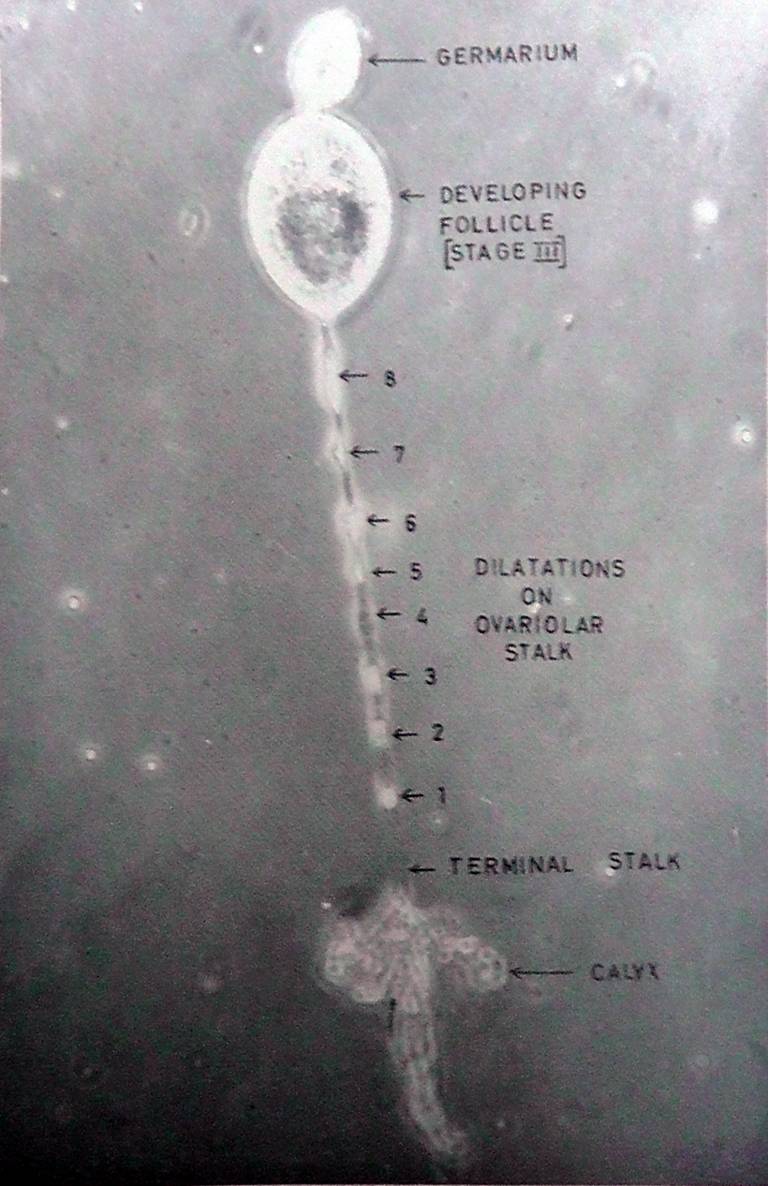IAS Turbulence: An ethnographic amplification of malaria eradication
23 May 2019, 5:30 pm–7:00 pm

The IAS is delighted to welcome Dr Ann Kelly, King’s College London, for a talk on turbulence and global health.
This event is free.
Event Information
Open to
- All
Availability
- Yes
Cost
- Free
Organiser
-
Vera Ehrenstein
Location
-
IAS ForumGround floor, South Wing, UCLLondonWC1E 6BTUnited Kingdom
The presentation considers one of the most powerful epidemiological models of our time: the MacDonald-Ross mathematical model of malaria transmission. The model sought to quantify the pathogenic exchange between mosquito vectors and human populations—a precarious stabilization that, with the advent of DDT, nevertheless promised massive and rapid global health dividends. It was the model’s promise that a significant decline in the adult population of mosquitoes would be sufficient to permanently interrupt transmission that launched the Global Malaria Eradication Program (GMEP) in the mid-1950s. The limitations of that theory and their role in the failures of the GMEP have been canonized as received global health wisdom.
This talk seeks to ethnographically reset the model’s public health unravelling in Africa, through the lens of the development of an entomological method—the Detinova Technique. The technique offered a way to determine the exact physiological age of the female mosquito and in so doing provide critical insight into the ecological dynamics of disease transmission ignored by the MacDonald Ross model. Yet the degree of manual dexterity implied by the technique limited its diffusion and continued obscurity within the malaria field. The dynamic tension evidence between technical precision and programmatic action, scalable assumptions and highly skilled practice, will serve as a prompt to consider some of the methodological parameters of knowability and doability in relation to global health.
Bio
Dr Ann H. Kelly is Senior Lecturer (Associate Professor) in Global Health and Deputy Director of the MSc in Global Health & Social Justice. An anthropologist by training (Cambridge University, 2007), Ann’s ethnographic research has often been intertwined with public health interventions and disease control programmes, particularly in sub-Saharan Africa. She has addressed a number of substantive topics, from mosquito control programmes in urban and rural contexts to emergency clinical trials during the recent West African Ebola outbreak. Much of her anthropological work has unfolded in close collaboration with bioscientists, disease ecologists, entomologists and clinicians. Ann has drawn on these collaborations to develop a number of conceptual innovations in the social-scientific study of global health, ranging from notions of experimental value, the role of ignorance and memory in the sciences, the disentanglement of human and nonhuman species, or the scales of political participation and the emergence of new global health publics.
 Close
Close

